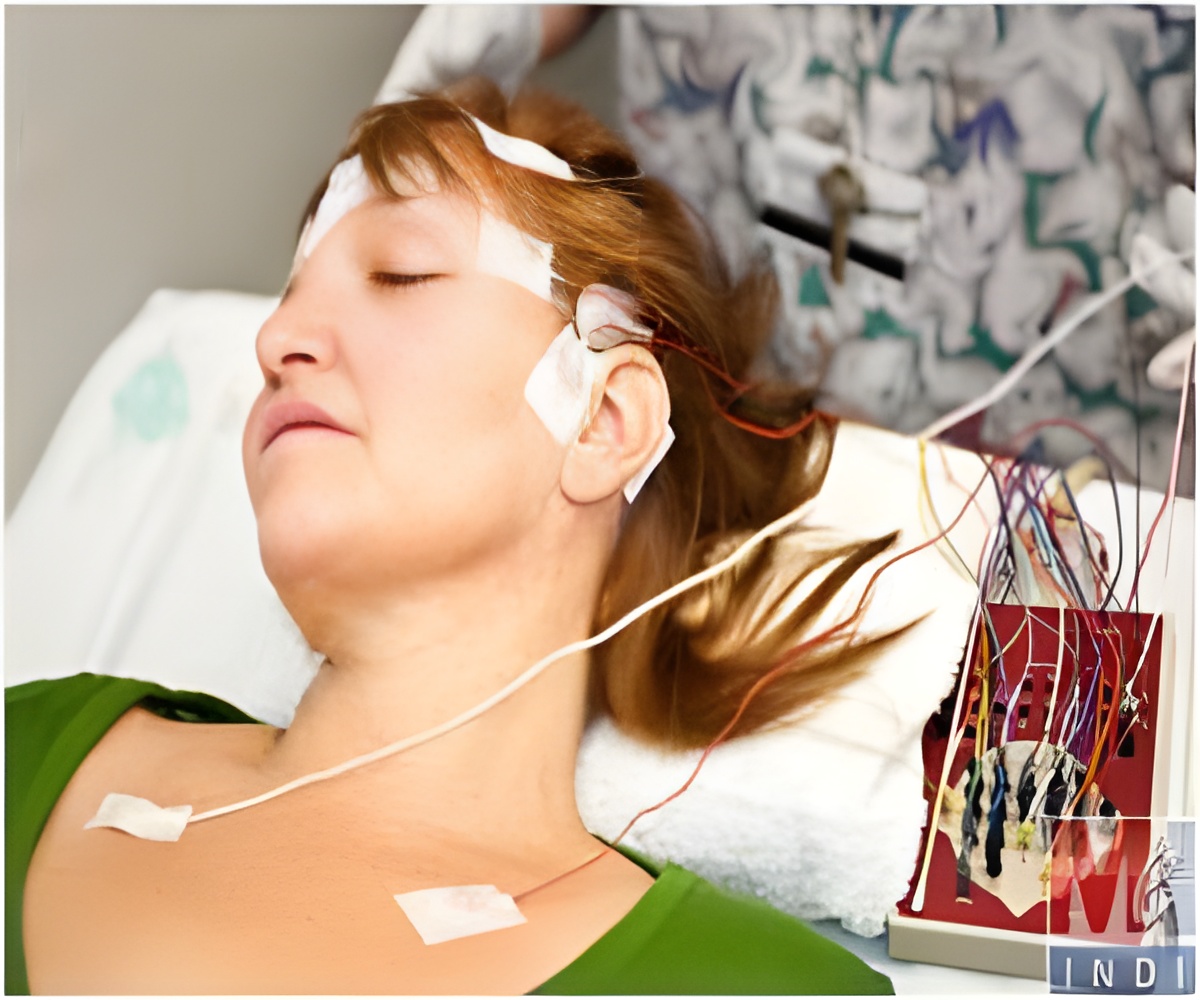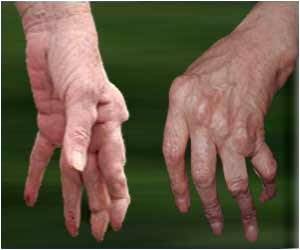Researchers found that game-based therapy led improves stroke rehabilitation outcomes.

‘Game-based therapy for stroke patients saves time and money while increasing convenience and safety during the COVID-19 pandemic.’





Nearly 800,000 Americans have a stroke each year according to the CDC, and two-thirds of stroke survivors report they cannot use their affected limbs to do normal daily activities, including making a cup of coffee, cooking a meal, or playing with one’s grandchildren.After a stroke, patients may lose feeling in an arm or experience weakness and reduced movement that limits their ability to complete basic daily activities.
Traditional rehabilitation therapy is very intensive, time-consuming, and can be both expensive and inconvenient, especially for rural patients traveling long distances to in-person therapy appointments.
“As an occupational therapist, I have seen patients from rural areas drive more than an hour to come to an in-person clinic three to four days a week, where the rehab is very intensive, taking three to four hours per session, and the therapist must be there the whole time,” said Rachel Proffitt, assistant professor in the MU School of Health Professions.
With this new at-home gaming approach, cutting costs for the patient and reducing time for the therapist while still improving convenience and overall health outcomes, it’s a win-win.
Advertisement
The Recovery Rapids game helps patients look forward to rehabilitation by completing various challenges in a fun, interactive environment, and the researchers found that the patients adhered well to their prescribed exercises.
Advertisement
As they progress, the challenges get harder, and we conduct check-ins with the participants via telehealth to adjust goals, provide feedback and discuss the daily activities they want to resume as they improve.
Source-Medindia















